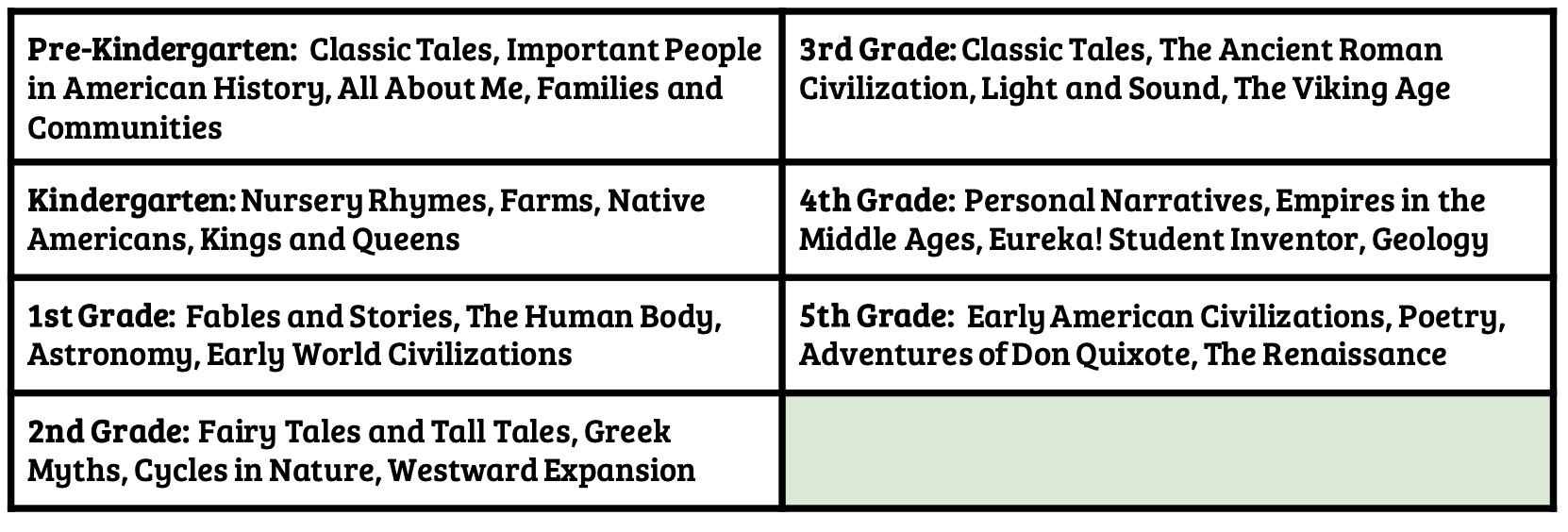Indian River School District will spend $2.8 million on a new science of reading curriculum expected to improve literacy rates and test scores but its school board took a shot at the state for mandating the move without providing money for it.
The Sussex County school district serving 10,799 students will invest in a 5-year contract with Core Knowledge Language Arts, under a unanimous vote from its board Monday night.
Other districts are in the process of doing the same, as the state has mandated through a law that evidence-based reading curriculum must be implemented by the 2027-2028 school year.
The Department of Education lists different curricula districts can choose from that aligns with the science. It vets each curriculum through EdReports, an organization that grades materials that schools use.
MORE ON SCIENCE OF READING: Here’s how science of reading will look in classrooms
Science of reading is a cognitive brain research that shows how students learn to read, according to Monica Gant, chief academic officer for the Delaware Department of Education.
The approach believes that nearly all children learn to read in the same way no matter their ethnicity or background and that fundamentals such as focusing on phonics are key to success and later performance in reading.
It is made up of six essential components: phonemic awareness, phonics, reading fluency, vocabulary, text comprehension and oral language. They work in unison to help with word recognition and language comprehension.
Phonics is an area some education officials and advocacy groups think the state needs to double down on in order to improve its disturbingly low reading test scores.
According to the Delaware State Report Card, just 42.36% of students are proficient and meet grade-level standards in English language arts.
MORE ON SCIENCE OF READING: Delaware schools to turn to science of reading to improve literacy rates
“Some of us have been stressing phonics for 40 years and it came in fashion and went back out and apparently they realized that is the right thing to do,” said board member Donald Hattier. “It does make a difference and that’s how we taught our kids, with phonics, at the dinner table.”
Here are some examples of how the curriculum will actually translate to the classroom as lessons and units:


mClass is a system that helps track data on the success of the new curriculum, she said.
The $2.8 million will come from the district’s Elementary and Secondary School Emergency Relief Fund, which gave Indian River $45,600,503 in pandemic relief funds.
Board members James Fritz repeated several times in anger and annoyance that the state is mandating a new curriculum but isn’t giving financial support to districts.
“Yet another unfunded state mandate,” he said, “So if the media could report that I’d appreciate it.”
The pandemic relief money is not part of the district’s operating budget and must be spent by September 2024 or the district loses it, so Indian River does not have to adjust its annual budget to fit in the $2.8 million.
“We should do this because if there’s one thing that I have not liked about what’s been happening in reading for a long time, is the essential lack of emphasis on phonics,” Hattier said. “Phonics works… and if that’s not something we’re teaching, the sooner we can get back to teaching it the happier I’m going to be.”
Dorman pointed out that Colonial School District has recently adopted the Core Knowledge Language Arts curriculum. She also said how every district is at a different stage of finding new curriculum and instruction.
Colonial is rolling the new curriculum out over two years, with it being introduced to kindergarten through second grade this year, and expanding to third through fifth grade in the 2023-2024 school year.
Jeff Menzer, Colonial’s superintendent, said the district is excited about the early indications of its impact on student achievement.
“It’s a breath of fresh air,” he said. “The teachers, the students and the families love the foundational knowledge that comes with the science of reading approach that CKLA brings.”
Foundational knowledge in the realm of reading is the evidence and research-based theories and principals that are essential to learning. Essentially, it’s going back to the fundamental basics of reading language.
In a conversation at the beginning of the year with a second-grader, Menzer said the student was enamored with reading about Greek gods and goddesses.
He said he usually expects younger students to highlight recess or lunch or gym class, but she was excited about the reading program.
“Then I went into the classroom and you could see the Greek gods and goddesses that they were discussing and talking about and reading about,” Menzer said, “and we really felt that the reason we invested in this curriculum was the sense of it provides equitable access to all students to reading.
“It’s a very, very powerful process in terms of putting everybody on the same path forward, giving everybody the same access, regardless of where they came in.”


Raised in Doylestown, Pennsylvania, Jarek earned a B.A. in journalism and a B.A. in political science from Temple University in 2021. After running CNN’s Michael Smerconish’s YouTube channel, Jarek became a reporter for the Bucks County Herald before joining Delaware LIVE News.
Jarek can be reached by email at [email protected] or by phone at (215) 450-9982. Follow him on Twitter @jarekrutz and on LinkedIn
Share this Post









